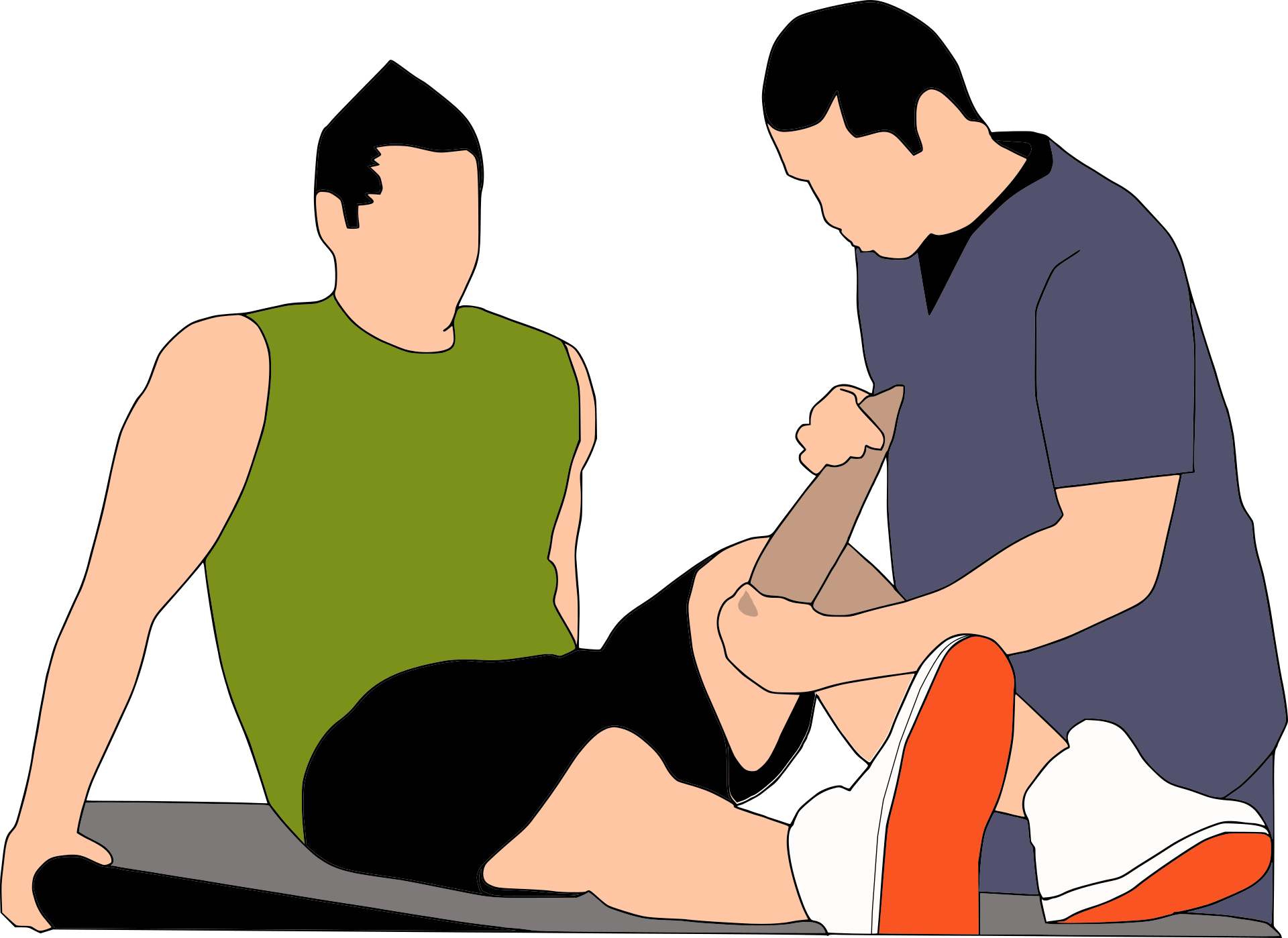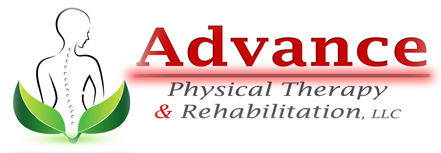
19 Mar How Do You Know If You Need Physical Therapy?
Physical therapy can offer relief from a variety of ailments, from sports injuries to headaches. But you don’t have to have an injury or illness to benefit from physical therapy. In many cases, physical therapy can help you avoid developing a problematic medical condition.
Because physical therapy is a non-invasive, conservative treatment that helps people manage, treat, heal and prevent disabilities and injuries, it improves overall physical function. Physical activity is essential for everyone. A physical therapist can help you meet your fitness goals even if you’re not suffering from pain or an injury.
Signs That You Might Need Physical Therapy
Most active people could benefit from seeing a physical therapist at some point in their lives. Physical therapists specialize in dealing with the human musculoskeletal system. They treat and inhibit deficiencies and impairments that influence your capacity for efficient movement.
Pain
Pain is one of the primary reasons that people visit physical therapists. But there are so many different kinds of pain that you might not know when it’s time to see a physical therapist instead of your primary care physician or another specialist.
You might want to go to a physical therapist if:
• You experience pain for more than three days
• You have dull, chronic pain
• Your pain doesn’t diminish significantly when you take medications
• You experience a sudden, sharp pain
Mobility Issues
Sometimes, you experience mobility issues with or without pain. If you’re unable to perform certain movements or your physical performance changes, you might want to connect with a physical therapist.
You may find that your knee hurts while you’re doing squats at the gym or your body feels stiff when you wake up in the morning. Perhaps you have trouble writing or typing.
A physical therapist can work with you to improve your efficiency and reduce pain while performing these movements. Many patients who work with physical therapists find that they are able to resume tasks that were difficult or uncomfortable before.
Elderly Adults
Athletes are often in tune with their bodies. They recognize their performance levels, and they have an awareness of their limitations. But they’re not the only ones who can benefit from physical therapy.
Aging adults, those who have suffered a stroke and people with impaired balance can benefit from physical therapy. They’ll learn how to improve their posture and enhance their coordination. Physical therapy can also boost muscle strength in older adults.
With improved strength, balance, coordination and mobility, older adults may have a better quality of life. Falls are the primary cause of fatal injury in the elderly population. Physical therapy can help aging adults reduce their risk of falling.
Some seniors may be concerned about doing physical therapy because they’re worried about pushing their bodies too hard or becoming injured while exercising. A professional that specializes in senior physical therapy services understands the limitations of the aging body.
The right physical therapy for seniors will focus on stretching, flexibility, coordination and fall prevention. A treatment plan should also take into account the complex medical issues that a patient may be facing, such as arthritis, edema and general weakness.
You’re Recovering from Surgery or an Injury
If you don’t take the right actions after you’ve sustained an injury or gone through surgery, you could experience ongoing pain. Physical therapy is ideal for people who are healing from an accident, sports injury or surgical procedure.
Even the healthiest person can experience weakness and mobility issues after being laid up for a while. Physical therapy can help you get back to your old self after you’ve healed. It can also promote healing and keep you comfortable while you’re recovering.
Physical therapy can also help you regain strength and coordination after a head or spinal injury. If you have a postural dysfunction or spinal issue, you can restore function and prevent disability by going to physical therapy.
You Have Bowel or Urinary Incontinence
Physical therapy can assist men and women who struggle with incontinence and pelvic floor issues. The pelvic floor is your core. If it’s not strong and balanced, you may feel referred pain in other parts of your body. You may also struggle with incontinence and sexual dysfunction.
Re-educating the muscles in this area to work properly is essential for your health. Treatment can address prolapse, low back pain and other types of pelvic issues.




Sorry, the comment form is closed at this time.